At Phoenix Men’s Health Center, we believe that awareness and early detection are key to fighting prostate cancer. As we celebrate Men’s Health Month, it’s essential to focus on one of the most common cancers affecting men: prostate cancer. Understanding what the prostate is, why prostate cancer is a concern, and how to screen for it can make a significant difference in early detection and treatment.
Understanding the Prostate
The prostate is a small gland located at the base of the penis. It plays a crucial role in:
- Urination: Helps control the flow of urine from the bladder.
- Semen Production: Produces seminal fluid that mixes with sperm to form semen.
Why Prostate Cancer is a Concern
Prostate cancer is one of the most common cancers among men. The good news is that if detected early, the survival rate is extremely high. Regular screening is vital because the sooner prostate cancer is detected, the better the chances of successful treatment.
Screening for Prostate Cancer
- PSA Test: The Prostate-Specific Antigen (PSA) test measures the level of PSA in your blood. Elevated PSA levels can indicate prostate cancer, though they can also be caused by other conditions. Regular PSA tests are crucial for monitoring changes over time.
- DRE (Digital Rectal Exam): During a DRE, a doctor feels the prostate through the rectum to check for abnormalities. It’s a quick exam that can provide essential information about prostate health.
- MRI: An MRI provides detailed images of the prostate and is often used if PSA or DRE results are abnormal. It helps to get a clearer picture before deciding on further steps.
- Biopsy: This is the gold standard for diagnosing prostate cancer. A biopsy involves taking small samples of prostate tissue to check for cancer cells. While it is more invasive, it provides definitive results.
Importance of Regular Screening
Regular PSA tests and DREs, combined with MRI if needed, help monitor changes in the prostate over time. Here’s why it’s important:
- Early Detection: The sooner prostate cancer is detected, the better the chances of successful treatment.
- PSA Velocity: Monitoring the change in PSA levels over time helps detect cancer early. A significant increase in PSA levels can indicate the presence of cancer.
Reducing Your Risk
You can take steps to reduce your risk of prostate cancer:
- Healthy Diet: Eating plenty of green vegetables and maintaining a healthy weight can lower your risk.
- Regular Ejaculation: Frequent ejaculation, through sex or masturbation, helps keep the prostate healthy by promoting fresh blood flow and reducing the risk of stagnation.
Overcoming the Fear
Many men avoid prostate screenings due to discomfort or embarrassment. However, these screenings are essential for early detection and can save lives. If you had cancer on your skin or leg, you wouldn’t hesitate to get it checked. The same logic should apply to prostate cancer.
Take Control of Your Health
Men, it’s time to take control of your health. Regular screenings, a healthy diet, and open communication with your doctor are crucial steps in preventing and detecting prostate cancer early.
Remember, early detection can lead to extremely high survival rates. Don’t hesitate to ask questions when you visit your doctor. Your health is worth it.
For any concerns or questions, our network of excellent urologists and oncologists is here to help. Let’s make Men’s Health Month a time to prioritize our health and well-being.
Visit phoenixmenshealthcenter.com for more information and to schedule your PSA screening today.
**This content is for informational purposes only and is not intended as medical advice. Please consult with a healthcare professional before starting any treatment. Individual results may vary based on health conditions and other factors.

